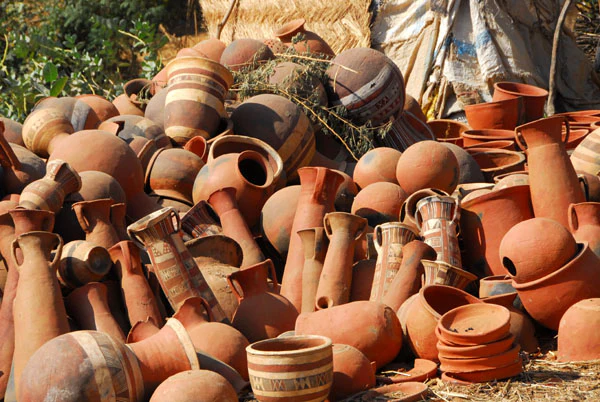Nigeria, a country with a diverse cultural heritage, is home to a wide array of traditional crafts passed down through generations. These crafts not only serve as a means of livelihood for many Nigerians but also represent the rich artistic and cultural expressions of the various ethnic groups within the country.
Read more about Discover Nigeria
Textile Production
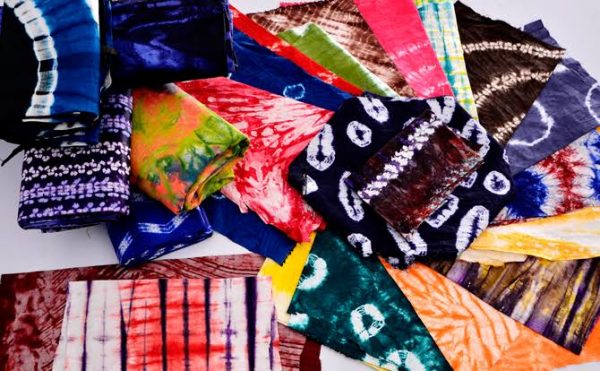
One of the most prominent traditional crafts in Nigeria is textile production. The Yoruba people of southwestern Nigeria are known for their intricate and colourful fabric designs, such as adire (tie-dye) and aso-oke (hand-woven cloth). The Hausa people of northern Nigeria are skilled in elaborately embroidered fabrics. In contrast, the Igbo people of southeastern Nigeria are famous for their akwete cloth, which is hand-woven using a unique technique.
Pottery
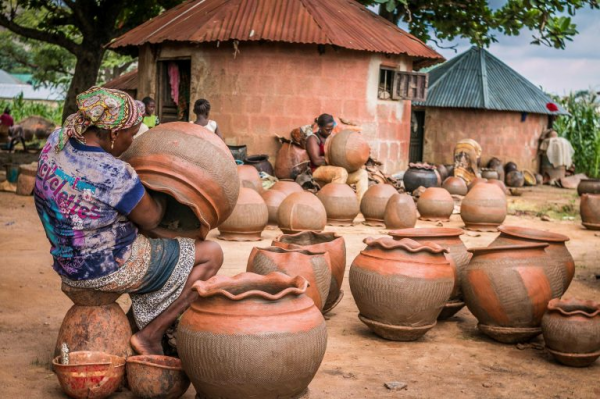
Another significant traditional craft in Nigeria is pottery. The ancient city of Ilorin in Kwara State is renowned for its distinctive black and red pottery, made using a technique passed down for centuries. The Nok culture, which flourished in central Nigeria around 1000 BCE, is also known for its terracotta sculptures and pottery, which have become iconic symbols of Nigerian art.
Woodcarving
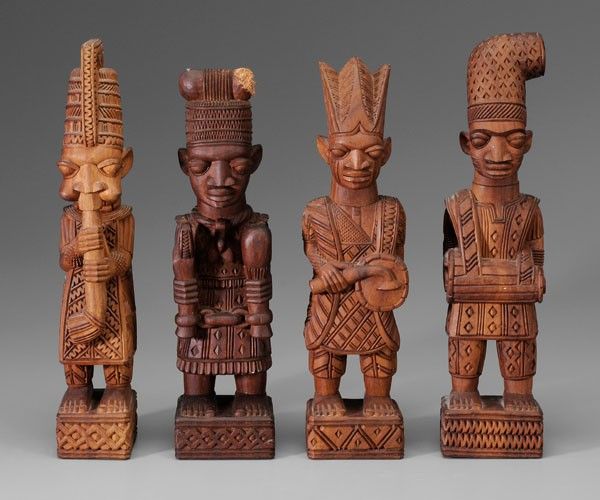
Woodcarving is another traditional craft that is widely practised in Nigeria. The Yoruba people are particularly skilled in this art form, creating intricate and beautiful carvings of masks, figurines, and furniture. The Benin people of southern Nigeria are also known for their brass and bronze sculptures, considered some of the finest examples of metalwork in Africa.
Basketry
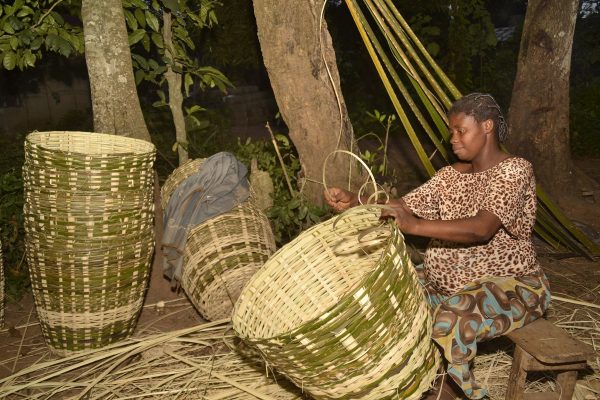
Basketry is another important traditional craft in Nigeria, with various ethnic groups producing baskets using different materials and techniques. The Hausa people of northern Nigeria are known for their intricately woven baskets made from grass and palm leaves, while the Igbo people of southeastern Nigeria create beautiful and functional baskets using raffia and other natural fibres.
Leather Crafting
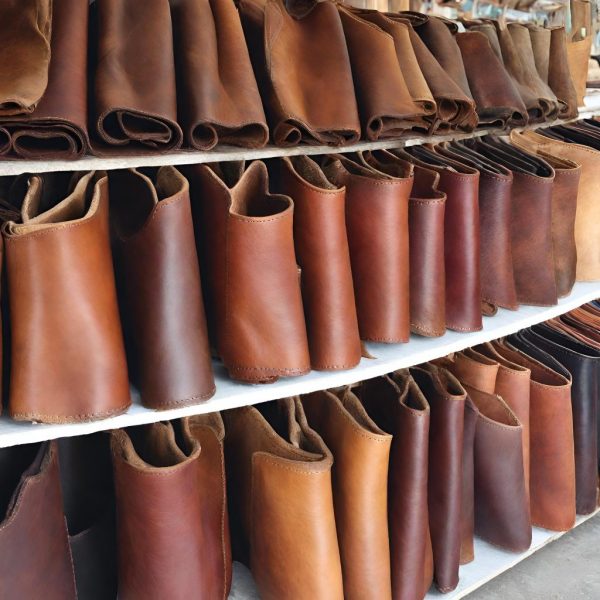
Leather crafting is also a significant traditional craft in Nigeria, particularly among the Hausa and Fulani people of northern Nigeria. These skilled artisans create a wide range of leather products, including bags, shoes, and saddles, using techniques that have been passed down for generations.
Register to attend the CN Business Mixer
Final Thoughts
In addition to these traditional crafts, Nigeria is also home to a thriving contemporary art scene, with many artists drawing inspiration from traditional techniques and motifs to create innovative and thought-provoking works of art. Despite the rich heritage of traditional crafts in Nigeria, many of these art forms are facing challenges in the modern era. The influx of cheaper, mass-produced goods from other countries has made it difficult for traditional artisans to compete, and many young people are choosing to pursue other careers instead of learning these traditional skills.
Register to attend the CN Business Mixer
However, there are efforts underway to preserve and promote these traditional crafts. The Nigerian government has established various initiatives to support traditional artisans, including the establishment of craft villages and the promotion of craft fairs and exhibitions. Many non-governmental organizations are also working to support traditional artisans, providing training and resources to help them adapt to the modern market.
Got a suggestion? Contact us: [email protected]

